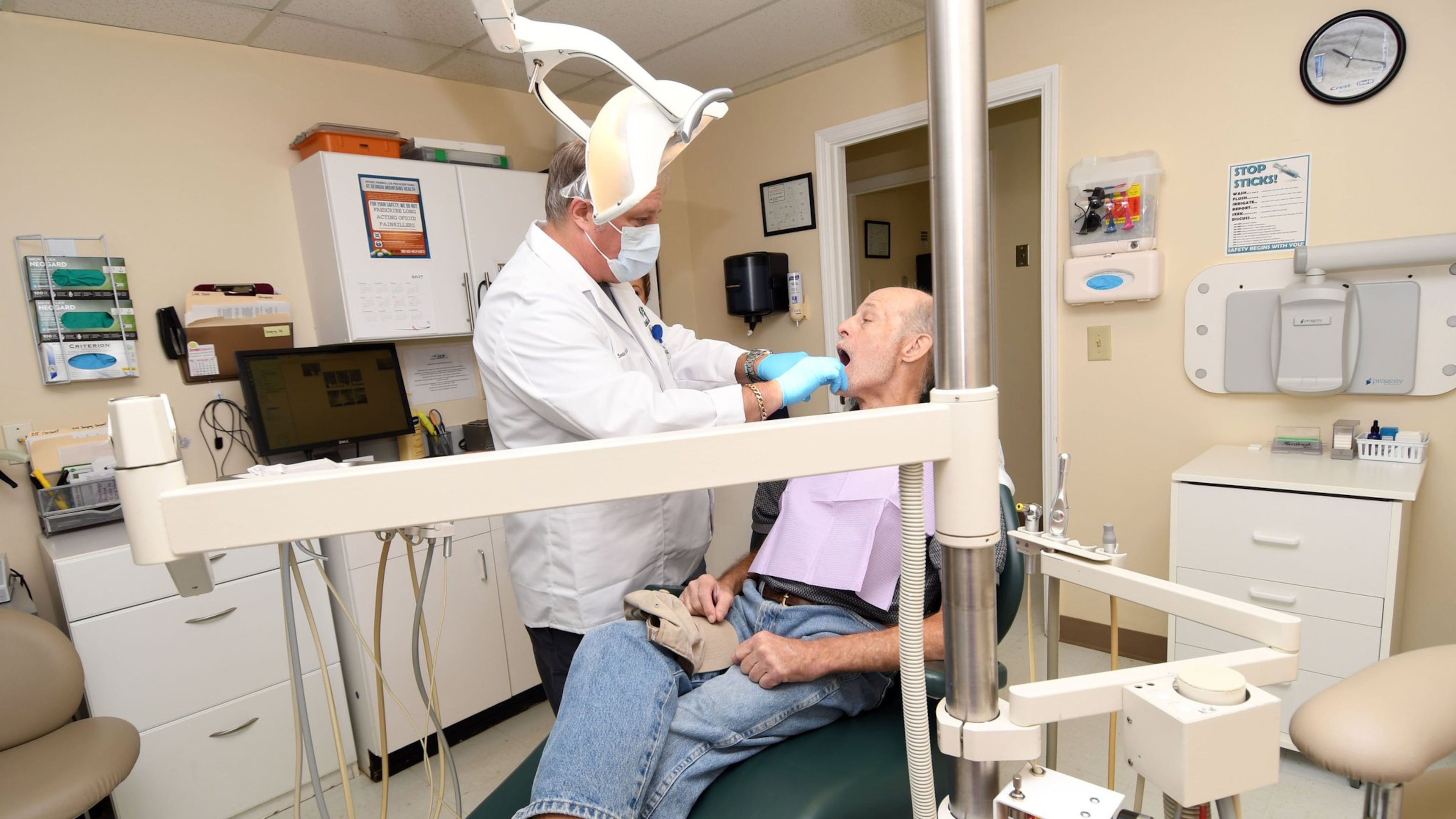Five things to track: Health care programs facing cuts in Georgia

One state, millions of patients, five programs: These are some of the health care efforts facing cuts and instability in Georgia because Congress did not renew their funding on time.
Two months after deadlines expired to renew several crucial federal health care programs, Congress has still not renewed them.
The programs got sidelined, some experts and officials said, while Republican leaders launched into campaigns to repeal Obamacare and overhaul the tax code. Now workers for the programs, such as at clinics, say they can't plan and budget. But some lawmakers have said they're not too worried because there's still enough money in the bank to keep checks from bouncing for a while.
The U.S. House passed a bill renewing some of the expiring health care programs on a mostly party-line vote in early November, with Democrats protesting the measure’s proposed cuts to other programs. A U.S. Senate committee, meanwhile, advanced its own bipartisan legislation reauthorizing one of the programs in October, but there’s still no agreement over how to pay for it.
These are some of the programs still waiting for stability:
CHIP. The Children's Health Insurance Program, known in Georgia as PeachCare for Kids. It's popular across party lines and in Georgia it has enough money in the bank to last until early spring. A version of CHIP renewal — co-sponsored by Republican Sen. Johnny Isakson of Georgia — easily passed a Senate committee, but it's hitting some snags. Lawmakers are arguing over how to pay for it and whether the other health program should pass along with CHIP. Meanwhile, the House cleared a bill reauthorizing the program for five years with only Republican support. Democrats objected to the way the GOP paid for the reauthorization, which included cuts to Obamcare's public health fund. Congress is expected to strike some sort of agreement to extend the program by the end of the year, perhaps as part of a must-pass spending deal. While Georgia's CHIP appears to have money in the bank through early spring, other states could run out of funding in January. The cut to Georgia would be $427 million this year.
Community Health Centers. These were established under President Lyndon B. Johnson's War on Poverty. Their funding also expired Oct. 1, but they currently have a funding extension until Dec. 8, according to their national association. The House passed a bill extending funding for the program for two years alongside the CHIP legislation in early November. The Senate has yet to act. A funding extension could also pass both chambers as part of a year-end spending agreement on Capitol Hill. The association recently surveyed its members and found that regardless of having postponed insolvency, about a quarter of the clinics were already facing concrete consequences. They were having trouble hiring or keeping staff because nobody knows for sure how long the money for paychecks will be there. The cut to Georgia next year is undefined but could be about $60 million.
"Rural extenders" such as Low-Volume Adjustments and Medicare-Dependent hospital grants. These go to rural hospitals that take a hit on reimbursement for patients who generally aren't privately insured. The dollar amounts are smaller than those for some of the other programs, but the small hospitals that get the grants say they make a big difference. The cut to Georgia for these two programs is estimated to be $11.7 million annually.
DSH, or Disproportionate Share Hospital grants. Subsidies for hospitals that treat a disproportionate share of indigent patients, such as Grady Memorial Hospital, are cut by about $49 million in Georgia for the coming year, expanding to well over $100 million by 2025. The idea was that DSH would be cut as Medicaid expansion under Obamacare would take up that slack, but states like Georgia didn't expand Medicaid. Hospitals want to postpone the DSH cuts.
CSRs, or Cost-Sharing Reductions. These are subsidies that help lower-income customers of Obamacare exchange plans afford the out-of-pocket costs. Republican Sen. Lamar Alexander was working on a bipartisan fix with Washington Democrat Patty Murray, but the efforts was waylaid by the latest effort to repeal and replace Obamacare. Then in October President Donald Trump chose to end federal funding for CSRs. There has been some discussion of the Senate renewing the subsidies alongside or shortly after passing the tax bill as a way to win over Republicans concerned about the measure's repeal of Obamacare's individual mandate. A final decision has yet to be made.
IN-DEPTH COVERAGE
For the latest on health care, visit http://www.myajc.com/healthcare-georgia/.


